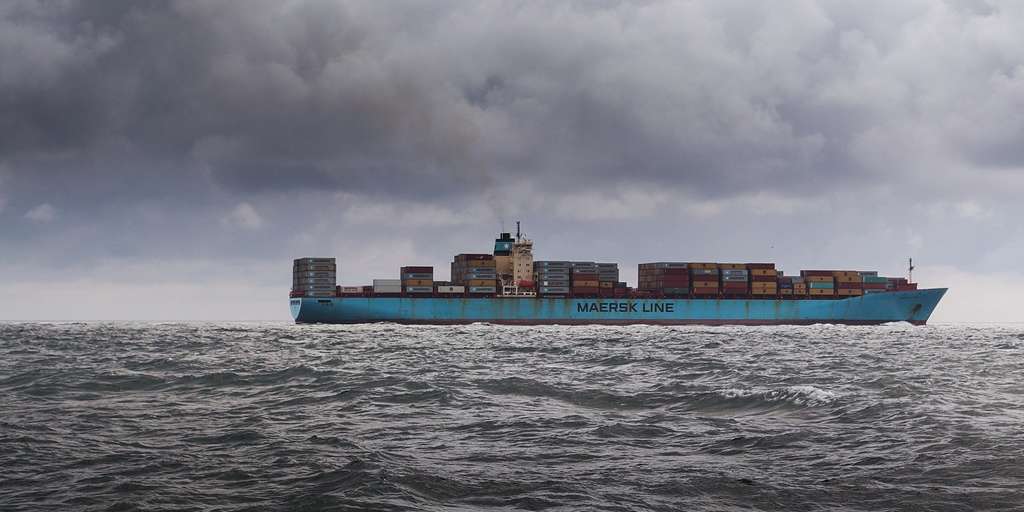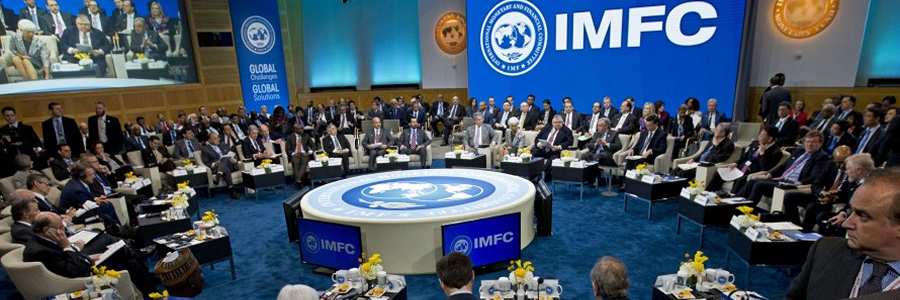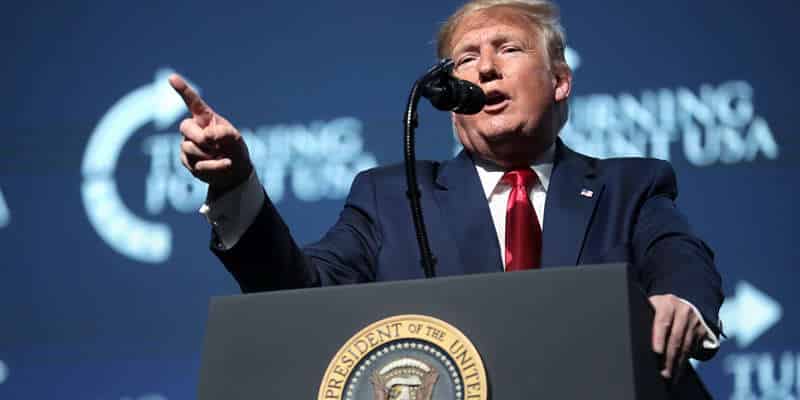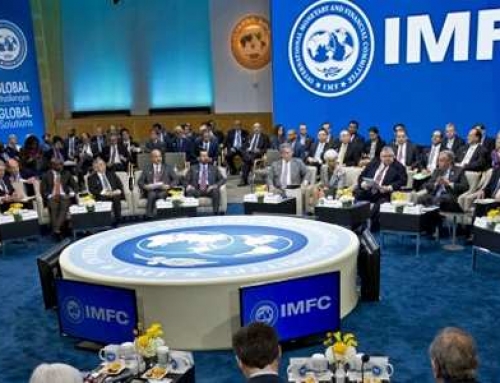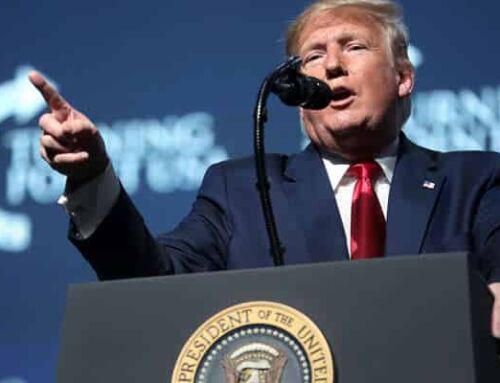Compliance In Trade Finance Due Diligence
Companies involved in international trade have for many years used trade finance instruments as tools to manage risk when importing and exporting internationally. The trade finance deal structure, when engineered correctly, goes a long way towards ensuring that cross-border transactions are structured to protect our clients against late payments, political risk, delayed delivery, currency fluctuations, and other risk factors, both known and unknown.
As trade finance providers became more deeply involved in virtually all international trade, governments throughout the world have increased regulatory requirements on banks and trade financiers. In fact, there have been so many new requirements imposed on trade finance providers in recent years that entire new industries have been born to manage trade finance due diligence and trade finance compliance.
The expansion of the Know Your Customer (KYC) Customer Identification Program (CIP) and anti-money laundering (AML) laws require banks, trade finance providers and other financial sector companies involved in international trade to perform far more customer due diligence than ever before.
Given continuing risks to trade caused by, for example, turmoil in the Ukraine, the eurozone crisis, and tensions in the Middle East and South America, compliance in trade finance due diligence is a must for multinational corporations (MNCs). But today, being prudent is about more than just managing operational and market risks – it’s about compliance. Compliance in trade finance due diligence relates to:
- Know your customer (KYC): Verifying counterparties (corporations and banks) as part of “know your customer” regulations.
- International Sanctions: Ensuring that all parties to a transaction undergo a “sanction screening”, using complex matching algorithms against official sanction lists, including the Office of Foreign Assets Control (OFAC), the European Union (EU), and the United Nations (UN).
- Anti-money-laundering (AML) and Counterterrorist Financing (CTF): Detecting and preventing money laundering and terrorist financing by using “red flags” and IT supported behavioral profiling techniques, and reporting suspicious activities to the authorities.
- Dual Use Goods: Preventing transactions from including weapons of mass destruction and dual-use goods (dual-use software, technology, documents, and diagrams) which can be used for civil and military purpose by using “red flags” and IT supported screening methods, and reporting suspicious activities to the authorities.
Reducing Risk is Not the Only Benefit
Banks take these regulations seriously – those that fail to meet their obligations have had enormous fines levied against them. In one case, HSBC paid an almost $2 billion fine to the United States. But what does compliance in trade finance due diligence mean for organizations involved in international trade?
Compliance in trade finance due diligence is clearly an important part of risk management – it can help you achieve your original objective of reducing risk and doing business more efficiently, as well as helping you live up to your own standards for corporate social responsibility. When your bank checks that your trade partners are not on any sanctions lists and that their banks are legitimate, it gives you reassurance that you can trade with confidence.
What Compliance In Trade Finance Due Diligence Involves
Compliance regulations have a very real effect on how trade finance transactions happen. At the forefront of international compliance regulations are the rules known as Know Your Customer or KYC. KYC involves many checks both during new transaction setup but also as continuing periodic reviews. Before a trade finance provider can proceed with a transaction, it must obtain a lengthy list of documents from its customer, investigate its legal structure, screen for politically exposed persons (PEPs), score and classify risk, and archive the reviewed documents. Getting hold of the required documents in a timely manner can be challenging, particularly in emerging markets where banking and trading environments have historically been much less structured.
Before a trade finance provider can proceed with a transaction, it must obtain a lengthy list of documents from its customer, investigate its legal structure, screen for politically exposed persons (PEPs), score and classify risk, and archive the reviewed documents. Getting hold of the required documents in a timely manner can be challenging, particularly in emerging markets where banking and trading environments have historically been much less structured.
Transactions also undergo anti-money laundering (AML) scans in real time for sanctions violations and suspected money laundering, with many different parties investigating alerts and reporting to the relevant authorities. AML is a thorough and intensive process.
What to Look for in a Trade Finance Provider
Companies involved in international trade should naturally be concerned that these checks will slow transactions down, add extra costs, and even result in transactions being mistakenly blocked due to excessive caution. These are very real concerns and with many trade finance providers, they occur all too often.
But, it’s not necessarily the case. Top trade finance providers manage compliance in trade finance due diligence so effectively that these burdens can be used to their advantage, and actually facilitate international trade.
Top trade finance providers go even further, continually parsing its global network of banks, terminating future business with those that do not meet the necessary standards and deepening relationships with those that are a safe partner for clients and their trading counterparts. A good provider needs to know each bank in its network thoroughly and should be able to verify that its banks offer responsive, accurate service and financial stability. These are all important factors when you are completing a major transaction in a distant region.
Global Trade Funding is a top provider of trade finance solutions, as well as highly effective client advisory services. Perhaps it’s time you learn more about our Trade Finance services.
Worldwide Shortage of Trade Finance Devastating Small Business
The expansion of due diligence and anti-money laundering regulations by overzealous governments around the world has caused many banks to withdraw from trade financing business rather than face radically higher costs and potentially devastating fines. The result of their withdrawal from the trade finance market is a severe, worldwide shortage of trade finance. Now having surpassed three years the shortage is persistent and exceeding $1.6 trillion it is enormous. It also comes as no surprise that small and medium sized enterprises are the most affected by it, with applications for trade financing being turned down more often than not. But we can help.
Global Trade Funding has maintained an uninterrupted source of trade finance and we are in a position to approve and close financing for clients even if they have been turned down at other banks.

